VETERANS CORNER: We hear on the television and radio that veterans are receiving the best care and benefits ever. How can that possibly be?
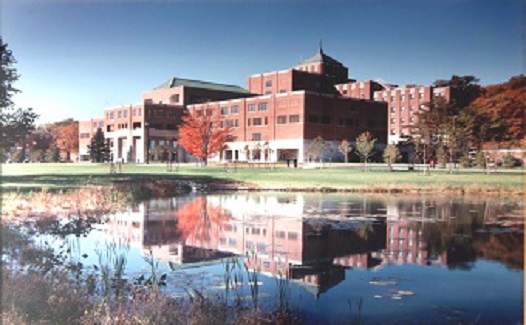
Veterans Administration facility at Togus. (Internet photo)
 by Gary Kennedy
by Gary Kennedy
I will share with you what I know and I will try to answer the many questions that you have. The political side of the VA system tries to appease you with an occasional conference call which they pack in as many vets as they can. For those of you who are privy to these calls you must realize that the moderator is very vague, and 75 percent, or more, of the time passes you off to someone who will give you a future phone call, or so they say. The reason for this is obvious. To some, if not most of you, it’s because the answer is not readily available and this service is just supposed to act as a pacifier for the VA and the government.
You will hear Senators Angus King and Susan Collins names being dropped to seem to give a sense of validity/legitimacy to this conference. However, these senators are not present nor privy to these confrontations. With our distressed, disabled veterans, who in many cases can’t articulate their problems in a way that is totally understandable; they are more discouraged after the call. So, the reply you hear most of the time is, “I am sorry to hear that,” but because of the complexity, lack of records, or other information needed to assist you, I will have to have someone call you back. Such is not the case when the doors to service officers and/or V.B.A. are open. Almost everything around our state is open, at least to some degree, but VA keeps its doors locked for the most part. There are some medical exceptions but very few.
We hear on the television and radio that veterans are receiving the best care and benefits ever. How can that possibly be? If you have a medical issue you can contact “My Healthy Vet,” on your computer. Do you have a computer? Are you computer literate? If you say yes then you can make a third or fourth party contact and some time in the future you should get a phone call from a call center, asking what you would like to accomplish by this contact. If you were talking to your medical provider that would be the answer to your problem as he or she would direct you with authority to the next point of necessity. There is nothing that can replace your contact with the source, VA.
Years ago, when I found really complex issues pertaining to veterans, I would take them to Senator Olympia Snowe’s office and there I would sit down with John Cummings and we would discuss the issue and take it to the next level, if need be. Those were the good old days, as the expression goes. One way or the other, we would get the job done.
Today, I see so many discouraged veterans who gave up years ago but found new solutions using different venues today. The government believes that these brief video or phone contacts will pacify most of the veterans. However, they aren’t seeing the real picture. They are just patting themselves on the back and saying, “Job well done for now.” What you really need are definitive answers coupled with hands on. The VA is saying we are not taking any elective procedures at this time. Shots in your joints which you have had in the past for mobilization and or pain is elective? Some veterans have been having these procedures for many years along with chiropractic manipulation and acupuncture. Baby boomers are synonymous with Vietnam Era Veterans. The majority of those who are serviced at VA, currently are of this time slot. There isn’t much in front or behind this group of veterans, with exceptions.
It is said that video and audio appointments are very appropriate and well received by both the veteran and the care giver. Such is definitely not the case. Nothing can replace hands on health care. If we go that route we are all losers. For some covid-19 is a blessing, a weeding out process; VA will have less employees and veterans will get less than robotic care. Out sourcing money will run dry soon.
When you are given a phone number to call for service, you are actually getting a call center which houses people with minimal amounts of training and a hand book to use for quick reference. Don’t buy into that even though the person on the line is very kind and sympathetic. They are trained to do that. You still have your senator, so don’t be afraid to use her. I personally don’t have faith in the rest. If you are an amputee, there are some wonderful programs and people out there. For the younger generation, there are more programs and possibilities, and that is as it should be but we older vets must be acknowledged to a degree as well. Don’t abandon me in my few remaining years. Most of us just want respect and comfort. We wish we had your paycheck and benefits.
I was on the government conference call this week because I wanted to see what they had to offer. I really hated hearing, “I will have someone call you.” I think Paul Lawrence and his team need some training. (Under Sec. for Benefits) By the way the National Call Center’s number is 1-800-827-1000, good luck with that. Call centers have general rules of a time limit of eight minutes and most have never been a service officer (VSR). Most are no more than retained telemarketers which are extremely overwhelmed with millions of calls. These folks have limited, scripted answers. True!
There have been several questions veterans have repeatedly asked only because they are nearing the end of the line and are extremely concerned about those they will leave behind without their guidance. We may not be the brightest bulb in the ceiling but we feel we are.
The questions that Paul and his team have the most difficult time with should be printed in understandable terms and made available to all vets in a simplistic written format. Where formulas are involved they should be layed out in (example :) format. One problem I have seen, the answer to mass questions is very simple; write a pamphlet. The most asked questions are DIC explanations which involves benefits to their surviving spouse and dependents. Since they already pay these benefits, they should be able to explain them in lay terms. Lay terms mean different things to different people. Some people need more help than others, via explanation. “Don’t take your audience for granted” should be the golden rule. There are those brighter than you and some not so.
Regarding DIC, this use to be based on a 10-years marriage or more but such is not the case anymore. There are many variations but basically if the vet is permanent and totally disabled and dies from his service connected disabilities in any way shape or manner and is married for one year, he or she should be eligible for DIC benefits of somewhere in the ball park of $1,340.14. A child with no parent $565.84. Aid and Attendance has variations from $284.57 to $332.00. I believe house bound would be $155.33. A spouse remarries after age 57 can collect DIC if after 12-16-03. When they use the word totally it doesn’t necessarily mean 100 percent, but means unable to work. Each child under 18 is entitled to a transitional benefit of $286 for two years only; each child over 18 for a limited period can receive a DIC Apportionment Rate of $332.00. This info should give you a talking point.
Don’t rely on my above opinion as these things change often. I also concur that a better explanation is necessary but this is a good bench mark from which to begin your search. If you really want to get into it you can purchase a CFR Title 38, Pensions, Bonuses and Veterans Relief. I believe you can also acquire this in software format. Check your computer or Barnes and Noble. They are fairly expensive and for some perhaps difficult to understand. However, with all the hype out there you need to be informed to the best of your ability.
So, to reiterate what wasn’t answered on our conference call is the following: Permanent & Total refers to veterans whose disabilities are (total = rated 100 percent disabling by the VA) and (Permanent which is zero or close to zero chance of improvement). (Permanent and Total ratings are protected from being reduced and may entitle you and /or your loved ones to additional VA benefits. This definition is as of 2017 and like everything else is subject to change. Once a veteran is granted Individual Unemployability (IU) or TDIU) which is short for Total Disability Based on Individual Unemployability, you are disabled with less than 100 percent service connection but rated as if you were because of inability to maintain meaningful employment.
These are just some of the queries I was privy to. I hope these responses are of some help to my brother and sister vets out there. We are all in this together and should help each other to the best of our ability. Last but not least, when you enter the VA you will notice that safety measures are in place as they are in many other businesses. Respect these areas but don’t be intimidated by them. If a person is talking behind a shield or plexiglass barrier, they are protected especially since you are wearing a mask as well. Report any and all disrespect you receive while visiting “your” VA. They work for you. Anything that is sent by the mail is not protected. You should sanitize anything you receive like this. I personally witnessed a UPS driver wipe his nose on the back of his hand then enter an Augusta pharmacy without a facemask. The door of this pharmacy was clearly marked, “No Entry without a mask.” Obviously this is not being enforced by them and many other businesses which I have been monitoring.
We can’t get back to normal if we don’t follow protocol. Believe it or not, Walmart was the best I surveyed for mask and distancing. Make it our quest not to digress, participate. In conclusion, we have nice trimmed lawns and new buildings but we still have no equipment in neurology. So for testing you must be sent outside. I do believe we have a new neurologist. I guess we just need to be creative with spending.
God Bless.





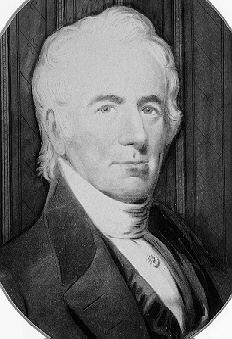
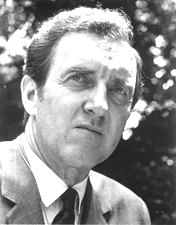
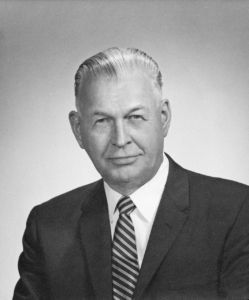
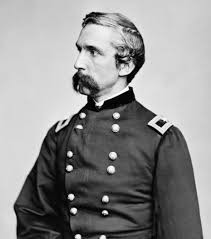
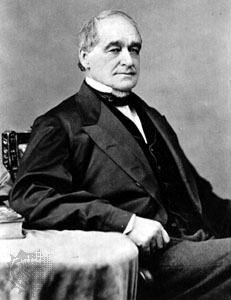
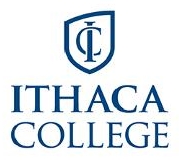 Jada Boggs, of Clinton, graduated from Ithaca College, in Ithaca, New York, with a Bachelor of Arts degree in Theatre Studies.
Jada Boggs, of Clinton, graduated from Ithaca College, in Ithaca, New York, with a Bachelor of Arts degree in Theatre Studies.



 by Becky Hapgood
by Becky Hapgood